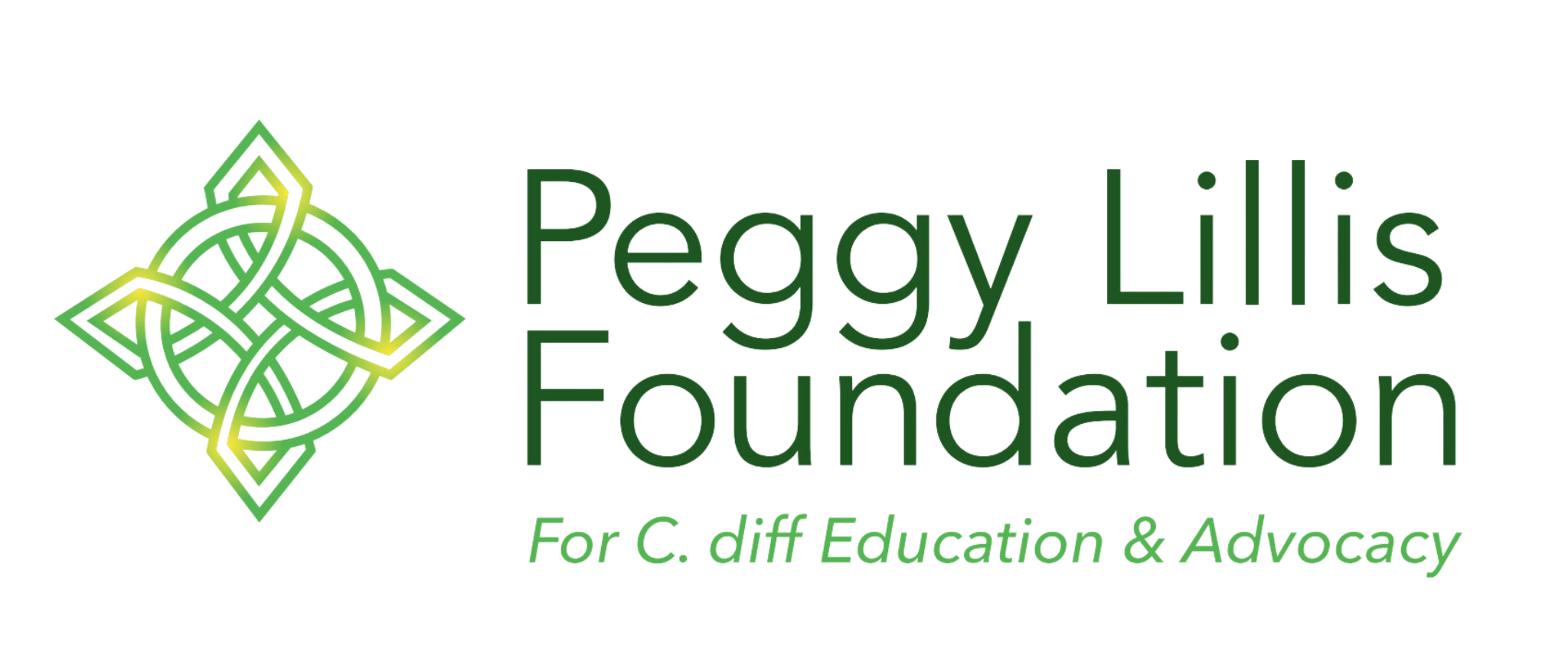
C diff, Community, and Public Trust: Insights From Christian John Lillis

Christian John Lillis discusses the 2025 Peggy Lillis Foundation C diff Summit, emphasizing the enduring need for community-building among survivors, the importance of sustained public health advocacy, and the growing urgency to defend federal health agencies amid political and institutional uncertainty.
Held in Washington, DC, the Peggy Lillis Foundation’s 10th National C diff Summit brought together survivors, caregivers, health care professionals, and advocates from across the country to raise awareness of Clostridioides difficile (C difficile) infection and to engage in policy advocacy. In this interview with Pharmacy Times®, Christian John Lillis, co-founder and CEO of the Peggy Lillis Foundation, reflects on the key moments and messages from the 2025 summit—from the power of peer connection among those affected by C difficile to the urgent need for stronger support of federal public health agencies.
As political pressures threaten to undermine regulatory infrastructure, Lillis highlights why community-led advocacy and public investment remain critical to combating infectious diseases and supporting patients.
Pharmacy Times: What are key takeaways from the Peggy Lillis Foundation's 2025 C diff Summit in Washington, DC?
Christian John Lillis: On March 31, the Peggy Lillis Foundation held our 10th National C diff Summit. We welcomed around 16 survivors and family members from across the country—more than 14 states—who came to Washington, DC, and to learn from experts in the field and to connect with one another in breakout groups, sharing experiences and support.
The following day was our Lobby Day, and for many attendees, it was their first time meeting with legislators. For others, it was a return visit, having previously joined us. What stood out to me, having first organized this event in 2015 and now in 2025, is that while we’ve made some progress—such as bringing new treatments to market and increasing antibiotic stewardship programs that have reduced C diff rates in certain populations—we still see a critical need for this kind of gathering.
Once a year, we’re able to bring together people from all walks of life, united by having experienced recurrent C diff or having lost a loved one to it. That kind of shared connection is powerful. It combats the deep sense of isolation that many people feel with this disease. For example, to have someone from Kentucky meet someone from Arizona who has had a nearly identical experience—that’s incredibly powerful and affirming.
As we were doing this year's summit, there was constant announcements from the federal government about people being mass fired at FDA and at other critical public health agencies. So, it was a disconcerting experience. I think that it also, for me, what I noticed among the volunteers and even among people that were there as professionals or representing sponsors, is that regardless of their political affiliation, people really want a more responsive and caring health care system, and they also want to feel like government works for them.
At the same time, what was interesting to me is people that have had, some of them work in health care, or they've had C diff, and they've had this infectious disease that upends their life, they don't really appreciate the importance of the FDA or the Centers for Disease Control intervention, even something like the USDA, and the various roles these agencies play in maintaining our food safety, ensuring that the drugs that are sold do what they say that they do, and I think that's a shame, because I think that these agencies, though they're not perfect—and I certainly have critiques of all of them—they serve a really vital function in our political economy, in our health and our wellbeing, in our country's role as an innovative superpower, and as those things are being shrunk, damaged, eliminated, in some cases, it makes me feel like the work that we're doing are going to become even more important because there'll be less resources and less innovation coming down the pipe for Americans.
Newsletter
Stay informed on drug updates, treatment guidelines, and pharmacy practice trends—subscribe to Pharmacy Times for weekly clinical insights.


























